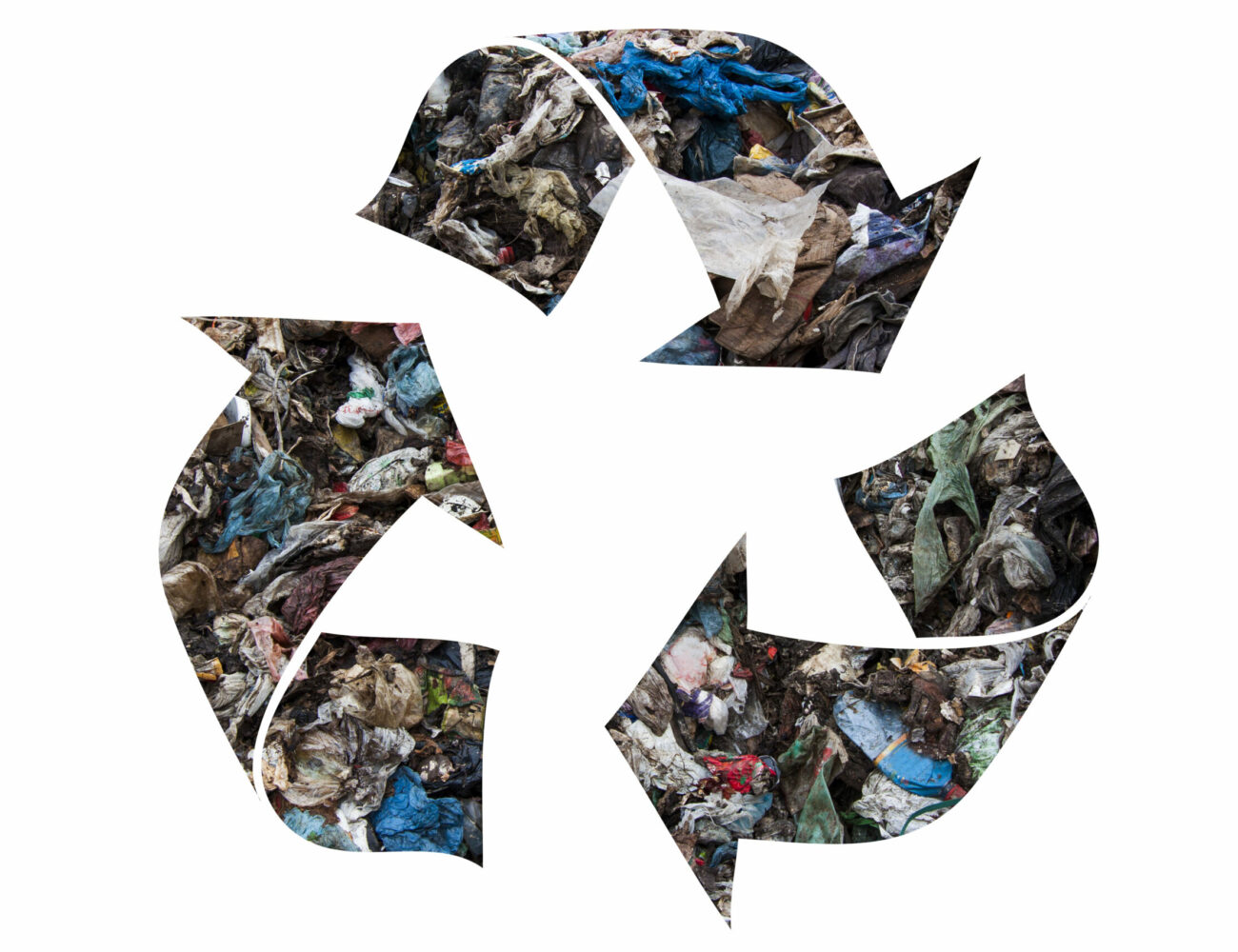
CIRCOPLAST
Start of the project: 01-10-2024
End of project: 30-09-2028
Materia Nova will be mainly responsible for the part concerning the recovery of recycled polyurethane foams. This part will cover work aimed at depolymerization, purification and valorization of the materials generated.
More precisely, Materia Nova's activities will therefore focus on
(1) the enzymatic and chemical depolymerization of clean polyurethane foams contaminated with brominated flame retardants (BFR) and their recovery,
(2) the identification of the degradation products formed and their valorization in new materials, including flame-retardant PU foams and
(3) the development of new (bio)flame retardants.
Materia Nova will therefore be responsible for:
(1) optimize a process for the depolymerization of polyurethane foams (virgin and contaminated with BFRs) through the selection of suitable enzymes, the evaluation of their effectiveness by monitoring the degradation kinetics and the nature of the products obtained in different media (pH, temperatures, etc.) and BFR recovery.
(2) Develop new sustainable products from products resulting from the depolymerization of recycled foams and biomass.
Materia Nova will also work in close collaboration with other partners by pooling its equipment for implementing and testing materials but also by providing them with the materials that it will develop as part of the project for additional characterizations but also so that they can integrate them into their developments, according to needs.
Materia Nova has participated in several European projects, aimed at the development of sustainable materials, and the decontamination and valorization of biomass or waste. We can for example cite the European Greener project (CE-BIOTEC-04-2018) in which Materia Nova carried out the part aimed at the development of a consortium of bacteria capable of depolluting water and soil contaminated by heavy metals.
Materia Nova also participated in the European INNOREX project (FP7-NMP-2012-SMALL-6) which aimed to develop a process for developing polylactide (PLA) by reactive extrusion. Also, the center participated in a Cornet project (Biocoat) aimed at the development of biosourced polyurethanes that can be used in the aqueous phase.
Materia Nova has participated in several Interreg projects. We will simply cite a few which are close to the theme of the CIRCOPLAST project, such as those aimed at the recycling and decontamination of plastic waste (Navare, Valbree) or the development of coatings based on biosourced polyurethane (WBDurapaint).
the partners MATERIA NOVA, CENTEXBEL and CREPIM, UMET_U_LILLE, UMET_CNRS, VITO.
Each partner intervenes on a technological brick on which its skills are
recognized in the scientific world. Thus, the entire value chain is covered: the partners will leverage their upstream network to identify and supply samples of multi-sourced plastic waste (deconstruction, WEEE, furniture waste, etc.). Once this waste has been collected and characterized, CENTEXBEL and UMET/CNRS will manage the decontamination work by favoring two complementary routes: the extraction of problematic additives under supercritical environments and debromination by UV-V treatment under vacuum (LPCMCE associated with UMET/CNRS for the ultimate degration of RF-Br by photocatalysis). MATERIA NOVA and CREPIM will focus on avenues for revaluing plastics thus decontaminated by managing recycling work (chemical and biological), formulation (recycled/new compound, flame retardancy) and characterization (functional properties and fire performance).
